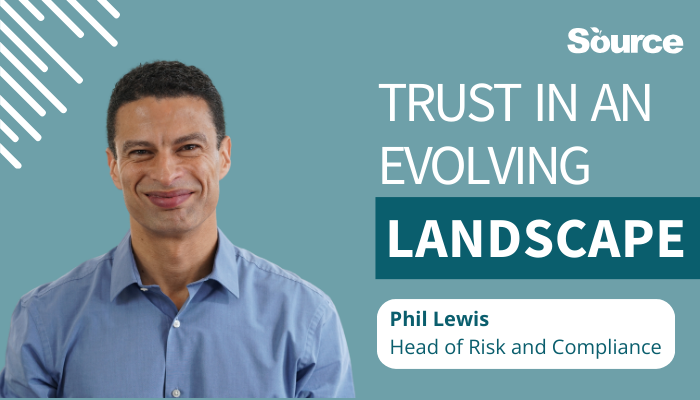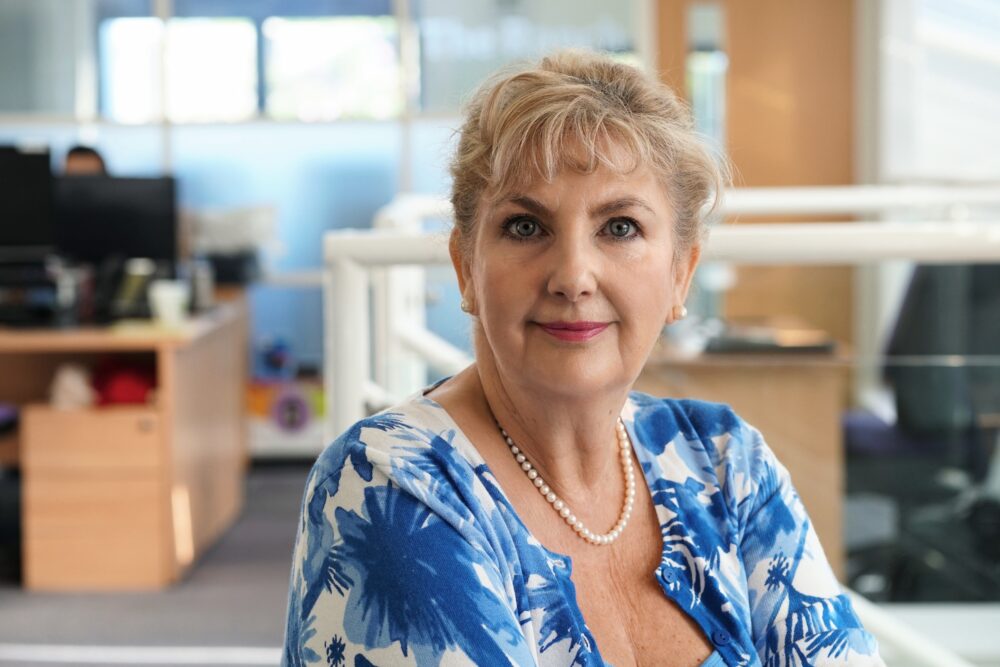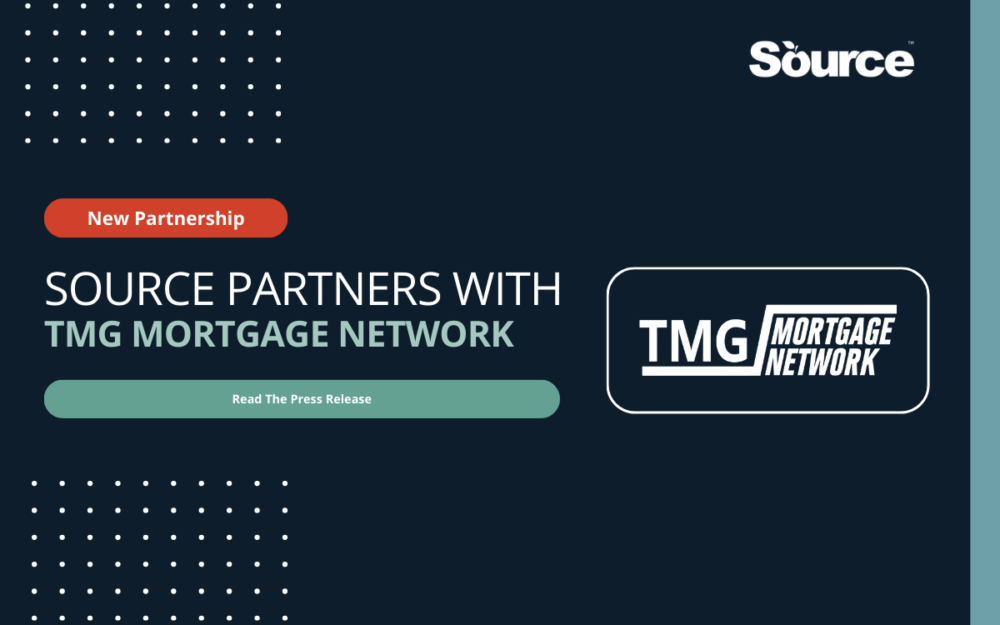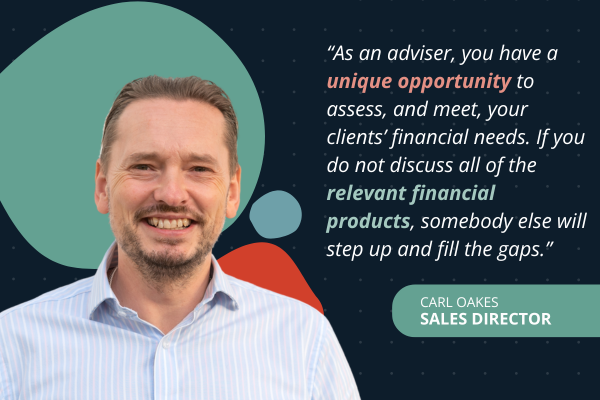Source Insurance was ‘born’ on 22nd October 1993.
Read more about our heritage here.
In 1993, the very first mobile phone was launched (the Nokia 2110) – and all it could do was make actual telephone calls! The internet entered widespread public use in 1993, and even then, it was the dreaded dial-up internet. Hard to establish trust with these older methods of business!
Whilst 30 years may not sound like a long time, it’s striking how different the world was back then. It was a world driven by accelerating technological change; home computing had come a long way since the ZX81 computer model. Many things we take for granted these days, such as social media and price comparison websites, weren’t even dreamt up back then.
Just like the world at large, the financial services industry was a very different place in 1993. It was a time when insurers held all the best cards in a claims investigation because of the nebulous requirements around “material facts”, and the myth of insurers doing anything to avoid paying claims started to seep into the national consciousness as a result. This was mainly spread by word of mouth rather than talking to the local newspaper.
Purchasing Insurance (1990’s)
The beginnings of a significant shift in financial services provision were also sown in the mid-1990s. Most people bought their financial services products from a local bank or broker. People still paid for most things with cash and, therefore, had to visit their local branch regularly, and many knew their bank manager as a result.
Most people knew the people they were buying from and therefore trusted them – large-scale centralisation and the anonymity sometimes associated with that was in its infancy. Trust was an implied part of any financial services product, whether a savings account or your first car insurance policy.
How Has Trust Evolved?
Trust was readily given to people and institutions that were supposed to be trusted, and few people seemed to doubt that banks were worthy of trust. Insurers and brokers largely fell into the same “professions you can trust” category. Trust was easily given, but as we found out later, it was also easily abused.
“GI Day”, when the FSA started regulating general insurance firms, was 14th January 2005. This marked a step change in regulation for the general insurance industry following several years of voluntary law. Insurance intermediaries felt that they did not need to be subject to mandatory regulation as they were inherently trustworthy. As a result of the EU’s Insurance Intermediation Directive, however, the UK had little choice in the matter. And this is, perhaps, where the notion of trust shifted a little.
Price Comparison Websites and Online Shopping (2002)
In 2002, the first Price Comparison Website (PCW) was launched by Confused.com. Suddenly, customers had access to be able to buy their own insurance. Many were offered significantly cheaper prices than those they got from their local broker. People were reluctant to buy their insurance over the internet for a long time as they had to input their personal and payment details.
There wasn’t a wide-scale trust in internet shopping, although it didn’t take too long for that to change. By 2013, around a third of all motor insurance policies were sold through PCWs. These sites made an issue of transparency and brought the subject of broker commission into the public consciousness whilst being opaque about how they earned their own money.
The Dawn of Social Media (2005)
On 1st October 2005, Facebook launched in the UK and the world as we know it changed forever as social media gave everybody a voice and an audience. People took photos of their food and shared them with all their 25 Facebook friends.
At this point, they were likely to be people you actually knew in real life. Before too long, people were sharing their opinions about anything and everything, including insurance, with people they had never met in person. When somebody’s claim was turned down, everybody knew about it and could join in with righteous indignation without getting up from their sofa.
Credit Crunch and Following Fallout (2007-2008)
This was where two significant financial news stories unfolded and became more public than any previous economic stories. The first to properly develop was the credit crisis of 2007 – 2008, and the PPI scandal hit the headlines shortly after. Suddenly, banks saw their trust levels with customers decline sharply. Within a few years, mass branch closures started to happen, reaching a peak in 2017.
Financial advisers and brokers were not immune from the contagion of a loss of trust in financial institutions, but they weren’t as severely affected by it either. Whilst banks slowly but surely withdrew from the high street, financial advisers and brokers were still primarily based on relationships rather than transactions.
The Financial Services Authority, as it was back then, had launched the “Treating Customers Fairly” initiative in July 2006. The broad industry consensus was that it mainly applied to large institutions with their dual pricing and price-walking practices. The regulator didn’t publicly share that view, but it’s clear their focus was primarily on the more significant parts of the financial services as they posed more systemic risks.
Senior Managers and Certification Regime (2016)
Shortly after it was reincarnated as the Financial Conduct Authority (FCA), the regulator declared that the credit crisis was essentially a failure of culture, and they introduced the Senior Managers and Certification Regime (SMCR).
Buoyed by public anger that nobody had been held individually accountable for the credit crisis and to restore trust in itself and the financial services sector, the regulator sharpened their rules to ensure that senior individuals could and would be held accountable for their actions. The financial services industry’s reputation had taken a hit, and trust had to be regulated back into existence.
The SMCR didn’t prevent the British Steel Pension Scheme scandal from happening, and brokers were in the spotlight for the first time. This scandal involved financial advisers giving people advice to transfer out of one pension scheme into another riskier strategy, which left vast numbers of people bearing extreme financial losses. As a financial scandal, however, it has not been extensively reported by the media.
Consumer Duty (2023)
The FCA has recently launched the Consumer Duty – a regulatory concept that builds on the central themes of treating customers fairly to push firms to deliver higher standards. In the meantime, the general insurance market has had several other pieces of legislation/regulation, such as the Consumer Insurance (Disclosure and Representations) Act (CIDRA), General Insurance Pricing Practices (GIPP) and the Value Measures, to regulate some of the poor practices out of the industry.
I believe it’s fair to say that the financial services industry, and general insurance in particular, is currently acting more transparently than ever before. Even though some of this transparency has been ‘forced’, it is there, nonetheless.
Brokers have been caught up in the slipstream of a shift in sentiment prompted by financial scandals that have primarily not been caused by them. We also appear to see a change towards more direct human contact. After years of grappling with phone menus and online journeys littered with pop-ups and adverts, people want to be able to talk to another human being again.
With most large institutions having retreated into purpose-built out-of-town office blocks, local brokers are well-positioned to respond to the desire for people to buy from somebody they trust.
After years of financial scandals and regulation, which have forced large institutions to clean up their acts, people may be ready to trust financial services again.
Source have been forging relationships since 1993, establishing trust in our services. Register to become a Source Online member here. Utilise our modern systems to conduct your business!









